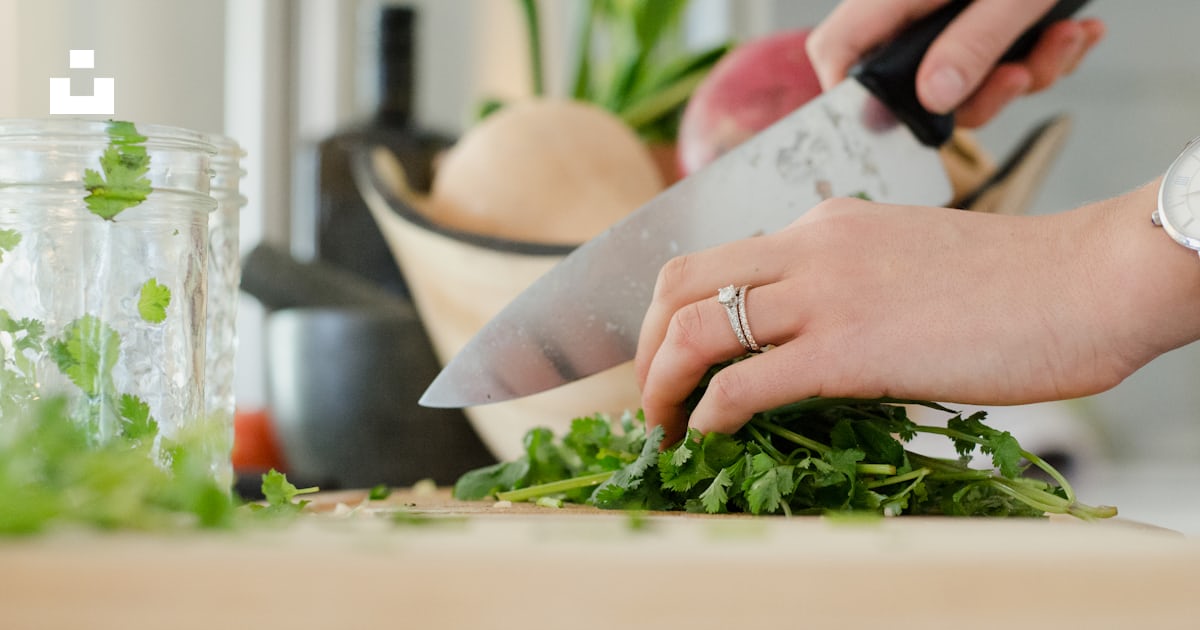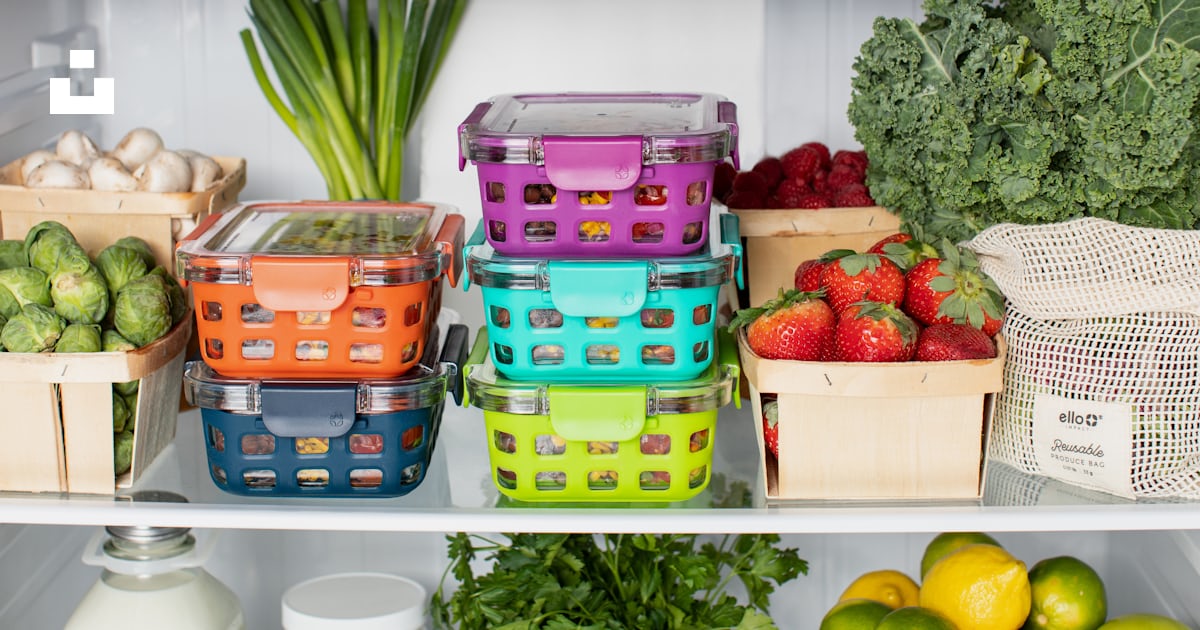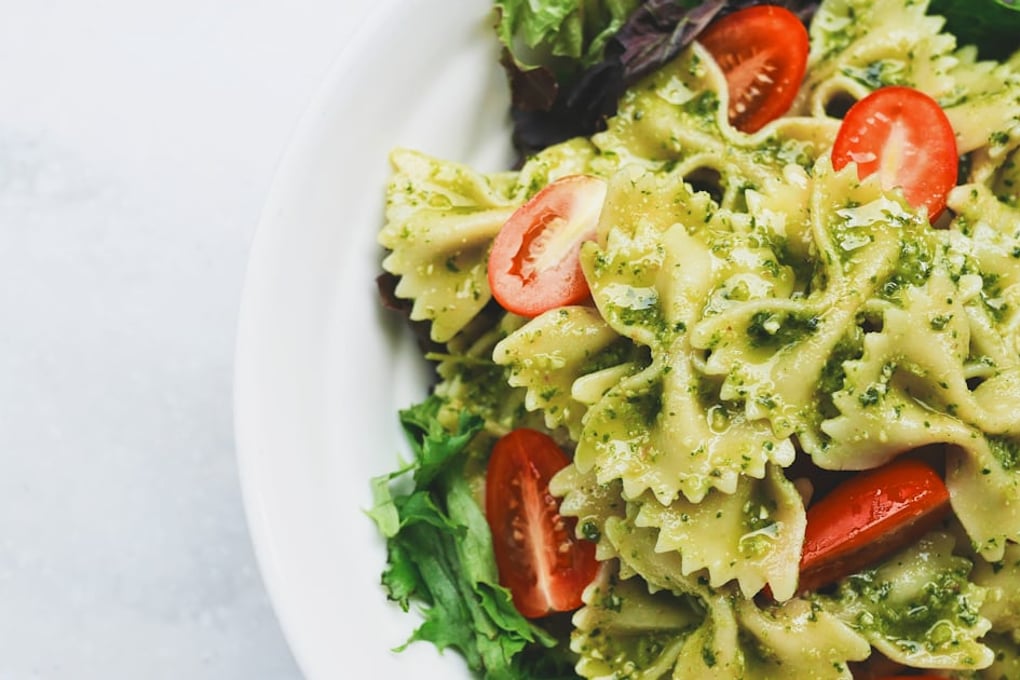Eating healthy as a college student can be a struggle. Food delivery apps tend to be several students’ first resort as it is easy and fast. Even those who grocery shop find themselves throwing out bad produce constantly. I have found that meal prepping has been the best solution to eating healthy while also reducing food waste. Here are a few of my tips and tricks for making the most efficient meal prep.

1. Meal Prep On Sundays
Meal prepping on Sundays sets your week up for success. Any college student would greatly appreciate being able to grab meals and head out the door. It also comes in handy when you are tired after a long day and can have a balanced meal in minutes. My prepped meals tend to last me through Friday. By the time weekend brunch comes around, I know I’m not wasting any food that’s in the fridge at home.
2. Cook Ingredients, Not Meals
When prepping the same meals, they can become boring and redundant. Cooking ingredients separately allows you to create a variety of dishes a week. I try to cook a grain, roast veggies, prep and cut raw veggies, cook a protein, and make a dressing or sauce. Place each ingredient in separate containers and add them to meals throughout the week.
3. Season Later
Seasoning can transform a dish from bland to restaurant quality. This tip ties in with the previous one, as it allows you to make a variety of different meals with the same ingredient. For example, the same ground beef can be used for tacos on Tuesday and for pasta bolognese on Wednesday; just add the appropriate seasonings while you heat up the food.
4. Less Is Better
Your first time meal prepping will definitely involve trial and error. To avoid food waste, start with buying a smaller amount of food. Note that one potato for the week might suffice for some, whereas three potatoes might be gone by Tuesday for others. Record what was left over by the end of the week, what was eaten quickly, and use that as a reference for your following meal prep.
5. Storage
Food safety is extremely important when meal prepping. Storing your foods in airtight containers will guarantee freshness and avoid spoilage. Cooked pork, turkey, chicken, beef, fish, and grains last in the fridge for three to four days. Meanwhile, veggies vary from days to weeks and dressings can last up to two months.

My go-to meal prep generally consists of quinoa, pasta, chicken, shrimp, black beans, sweet potato, mushrooms, shredded carrots, and a lemon tahini dressing. Sometimes I will also make oat energy balls as an easy snack. Remember to switch things up every now and then to keep things exciting. Keep in mind that eating meal prepped foods doesn’t have to be a daily thing. One or two premade meals can benefit any college student’s busy schedule, reduce food waste, and help save money on a tight budget!

